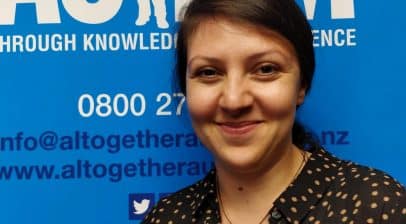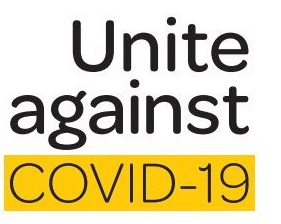
29 March 2020 – AUTISTIC PEOPLE, like everyone else, need to stay at home, they can no longer attend day services or the usual activities they used to such as swimming, skating, shopping at the supermarket and so on.
There are many factors to consider for autistic people when facing a change like this.
Strategies to help autistic people during the time of self-isolation:
- Create a new routine for the person.
- Try to keep it as similar as possible to their older routine.
- Keep the mealtimes, sleep time, shower, down time the same. Introduce some fun indoor activities (for example, baking, drawing, board game, building, puzzles, card game).
- Take photos of the person doing those and print those photos if possible, if not draw pictures of the activities or use a piece of the activity (for example, a piece of flower package, box of playing cards, … ).
- Wherever possible let the person choose the activity.
- Put these activities on their weekly planner and plan an active week.

Find an easy way of explaining how COVID-19 spreads. You can use paint or chalk to show how touching some thing or some one can spread the virus. Then show how it can go to the person’s mouth. Make it very simple and once the paint is on the person’s hand, guide them to go and wash it.
Use social stories to explain the difference between home and away from home.
For example:
“When I touch something away from home, COVID-19 might go on my hands, then from my hands to my face and make me sick. If I wash my hands properly before touching my face, COVID-19 gets washed away, everyone is happy, and I am happy.”
Be prepared to answer repetitive questions.
These questions might be for different reasons.
Some of the questions are around reassurance.
The person might ask a question like:
“Washing my hands will kill COVID-19, right?”
The person might ask this question 10 times, expecting the same answer. This question is usually for reassurance and we need to be prepared to answer them with the same answer every time the person asks. This takes patience!
We can also answer questions in a visual way (by drawing the answer to the question), and every time the person asks, we refer them to the drawing. This might help some autistic people to reduce their repetitive questions.
Sometimes the autistic person is highly anxious and asking those repetitive questions is a coping mechanism. In these situations, we just need to give them the exact same answer every time they ask it.
In addition, you could try some strategies to reduce the anxiety.
Breathing exercise
For some autistic adults you need to teach them how to breathe to reduce anxiety.
Smell the flower, blow out the candle
Keep your fist shut and pretend your fingers are flowers. As you smell the flower, lift your fingers one by one. This gives the autistic person an indication of how long they need to breath in. Then blow the same finger back to its initial position, pretending it is a candle that you are blowing.
Physical activity
Engaging in a regular physical activity is very important to a person’s mental health. Right now, going out to do a physical activity is difficult. We need to find some indoor options or exercises that we can do at home.
Some examples include animal moves, aerobics, dancing to a music, putting some obstacles to climb over – (like a chair) or to crawl under – (like a table).
And whenever you can, get outside into the fresh air for regular walks together.
- Sanam Bagherian is Altogether Autism’s autism specialist facilitator. She has strong interest in autism and has a Ph.D. in autism psychology which included delivering educational programmes to support parents with children on the autism spectrum. Sanam has worked as a clinician and educator to support children on the spectrum and their families for more than a decade, and more recently has worked with autistic adults. She is registered clinical psychologist in her home country of Iran and is working towards registration here in New Zealand.



